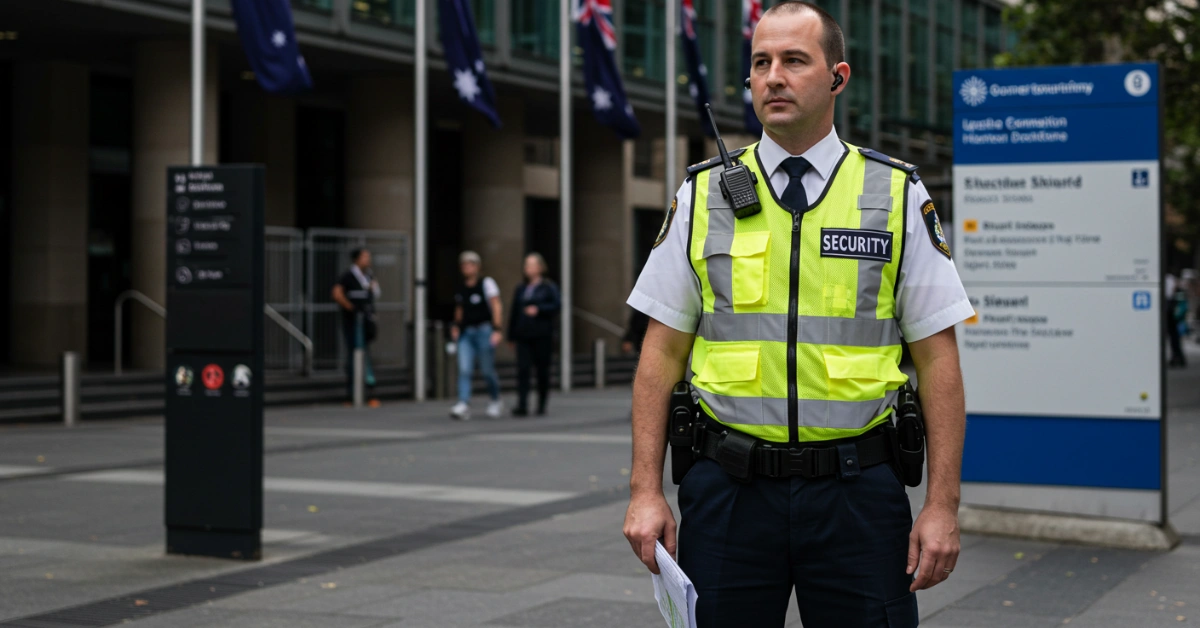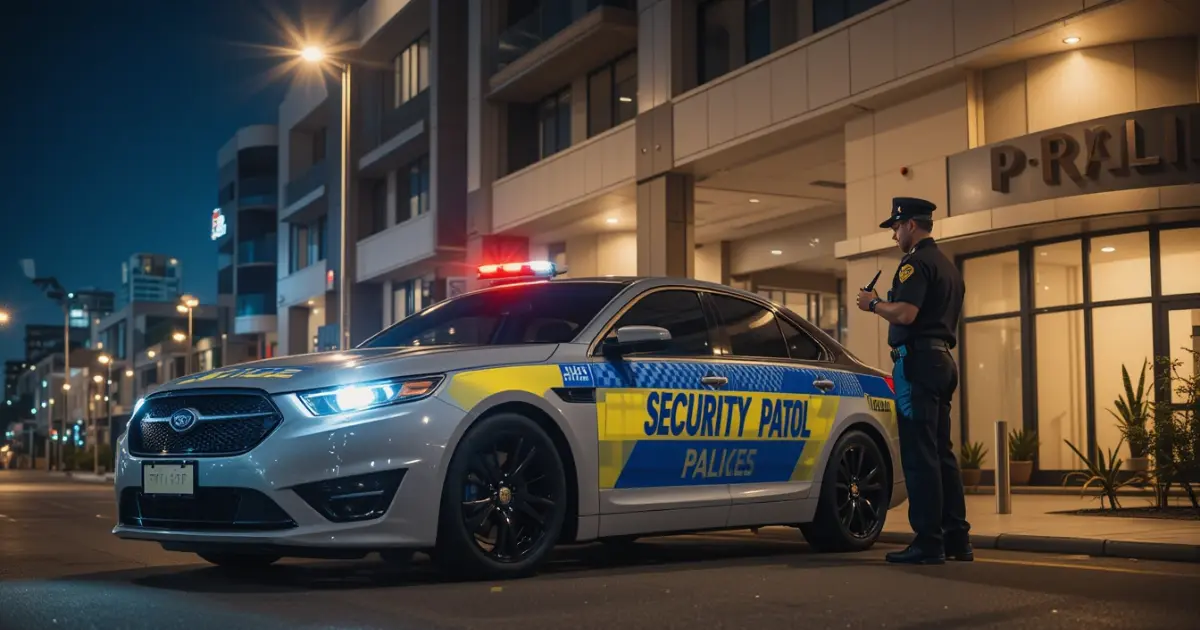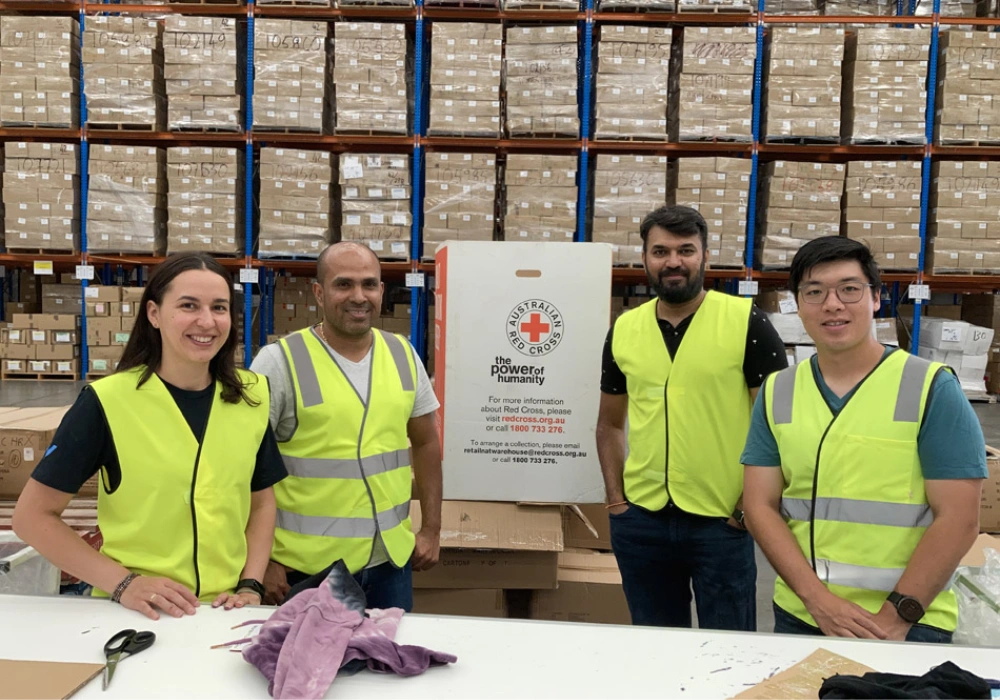Security jobs in the government sector are being talked about more and more in Melbourne. Many people are asking, “Why is this happening?” The answer is simple: more protection is needed. Big projects, new buildings, and public events are being planned, and they all need guards, monitors, and planners to keep them safe.
Did you know that over 346 government security jobs were listed in Melbourne recently? This number is growing fast. More jobs are being added every week, and big companies are hiring many workers.
1. Is Melbourne Becoming a Hub for Public Sector Security Roles?

Yes! Melbourne is known for its schools, hospitals, and big government offices. These places need trained workers to watch cameras, check IDs, and stop bad things from happening. The city is growing, and so is the need for safety.
For example, new hospitals like the North Western Ambulatory Health Service and transport projects like the Suburban Rail Loop require security teams during construction and after completion.
What’s Driving the Growth in Government Security Job Opportunities?
Three big reasons:
- More public events (like sports games and festivals) need guards.
- New buildings (like offices and courts) need protection during and after construction.
- Smart technology (like cameras and alarms) needs experts to use and fix it.
According to the Australian Bureau of Statistics, Melbourne’s population is expected to grow by 50% by 2050, increasing the need for secure infrastructure.
2. What Exactly Do Government Security Jobs Involve?
These jobs are not all the same. Some people work at airports, others in offices or courts. But the main goal is always to protect people, places, and data.
What Are the Main Responsibilities of a Government Security Officer?
- Watching cameras to spot trouble.
- Checking bags or IDs at the doors.
- Report any strange activity.
- Helping during emergencies like fires or storms.
For instance, a security officer at Parliament House in Melbourne might monitor protests to ensure public safety, while someone at a government warehouse could guard sensitive supplies.
Which Areas Do Government Security Services Typically Cover?
- Physical safety (guards at buildings).
- Cyber safety (protecting computer systems).
- Event safety (crowd control at big events).
3. What’s Causing the Surge in Demand for Government Security Jobs?
More jobs = more need! Here’s why this is happening.
Why Is There an Increasing Need for Public Safety and National Security?
People want to feel safe. With more crowds, online threats, and global issues, governments are spending more on security.
In 2023, the Australian government announced a $1.2 billion investment in national security, including funding for local agencies like the Victoria Police. This money is used to hire more officers and upgrade equipment.
How Are Infrastructure Projects Influencing the Demand for Security Staff?
Big projects like new train lines or hospitals need guards while they’re being built. Even after they’re done, they need staff to watch them.
For example, the Melbourne Metro Tunnel Project required hundreds of security workers to protect construction sites and manage public access.
Are Technological Advancements Changing the Face of Government Security?
Yes! New tools like AI cameras and smart locks need trained workers to use them. Old ways are being replaced by tech, and more experts are needed.
The Victorian government’s “Smart City Strategy” includes installing thousands of surveillance cameras across Melbourne, creating demand for technicians to operate them.
4. What Types of Government Security Roles Are Available in Melbourne?
There are many jobs to choose from. Here are the most common ones.
What Physical Security Roles Exist Within the Public Sector?
- Security guards at government buildings.
- Patrol officers for parks or streets.
- Screening officers at airports or courts.
For example, the Department of Justice and Community Safety hires guards to protect courthouses.
Are There Cybersecurity Analyst Jobs in Government Agencies?
Yes! These workers protect computers and data. They stop hackers and keep secrets safe.
The Australian Signals Directorate (ASD) has offices in Melbourne and regularly hires cybersecurity experts.
What Opportunities Exist in Surveillance and Monitoring?
Cameras are everywhere! Workers watch screens all day to spot risks.
The Victoria Police CCTV Network employs operators to monitor public spaces like Federation Square.
Can I Find Fraud Detection or Risk Management Roles in Government Security?
Yes! Some jobs focus on stopping fake documents, money theft, or other scams.
The Australian Taxation Office (ATO) has teams in Melbourne that investigate financial fraud.
Are There Executive Protection or Diplomatic Security Positions Available?
Top officials need bodyguards. These jobs are rare but well-paid.
The Australian Federal Police (AFP) offers roles protecting diplomats and foreign leaders visiting Melbourne.
(Want to learn more about airport security jobs? Read our guide to airport security jobs Melbourne services.)
5. What Skills and Qualifications Do You Need for These Jobs?
Not everyone can work in government security. Here’s what’s needed.
What Core Skills Are Employers Looking for in Candidates?
- Good communication (talking and listening).
- Quick thinking during emergencies.
- Honesty and trustworthiness.
Which Certifications and Training Programs Are Essential?
A security license is a must. You can get training through courses like the ones listed in Adelaide security courses.
Other useful certs:
- First Aid Certificate (required for many roles).
- CPR Training (often mandatory).
- Cybersecurity Certifications (like CompTIA Security+).
Why Is a Security Clearance Important for Government Roles?
Clearances prove you’re not hiding anything. They’re needed for jobs that touch secret data.
To get a Baseline Security Clearance, you’ll need:
- A clean criminal record.
- Proof of Australian citizenship.
- References from past employers.
What Soft Skills Help You Stand Out in This Field?
- Patience during long shifts.
- Teamwork with other guards or police.
6. How Can You Apply for Government Security Jobs in Melbourne?
Applying is easy if you know where to look.
Where Can You Find Official Government Security Job Listings?
Check websites like:
- dev.securitynearme.com.au (for local listings).
- Government job boards (like VicJobs).
- Seek or LinkedIn (filter for “government” roles).
What’s the Step-by-Step Process to Apply?
- Get your security license.
- Write a resume with your skills.
- Apply online with a cover letter.
- Pass a background check.
How Should You Tailor Your Resume and Cover Letter?
Focus on teamwork, honesty, and any past safety work. Use keywords like “security officer” and “risk management.”
For example:
- “Trained in first aid and CPR to ensure public safety.”
- “Experienced in monitoring surveillance systems.”
What Should You Expect During Interviews and Background Checks?
Be ready to explain how you’d handle emergencies. The check will look at your criminal record and work history.
7. Is a Career in Government Security Worth Pursuing in Melbourne?
If you want a stable, growing career, yes!
What Does the Future Look Like for Government Security Professionals?
The demand will keep rising. New tech and more public projects mean more jobs.
The Victorian Government’s 2024 Workforce Plan predicts a 20% increase in security roles by 2027.
What Benefits Come with Choosing a Career in Public Sector Security?
- Job stability (governments always need guards).
- Training and growth opportunities.
- Chances to work in unique places (like courts or airports).
8. Final Thoughts
Government security jobs in Melbourne are not just safe—they’re exciting and full of chances to grow. With the right skills and training, you can join a team that keeps the city safe every day.
(Looking to start your career? Check out Adelaide security jobs for tips on entry-level roles!)



